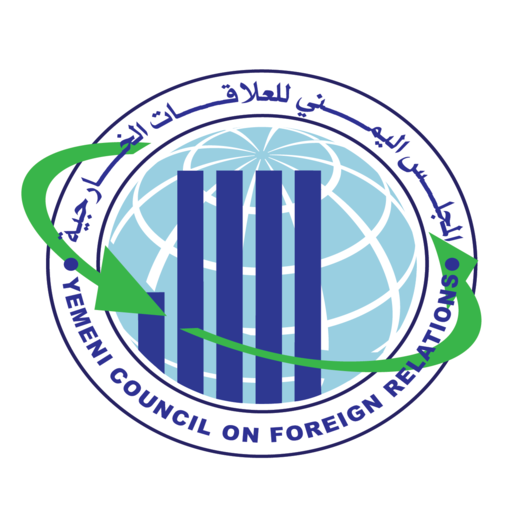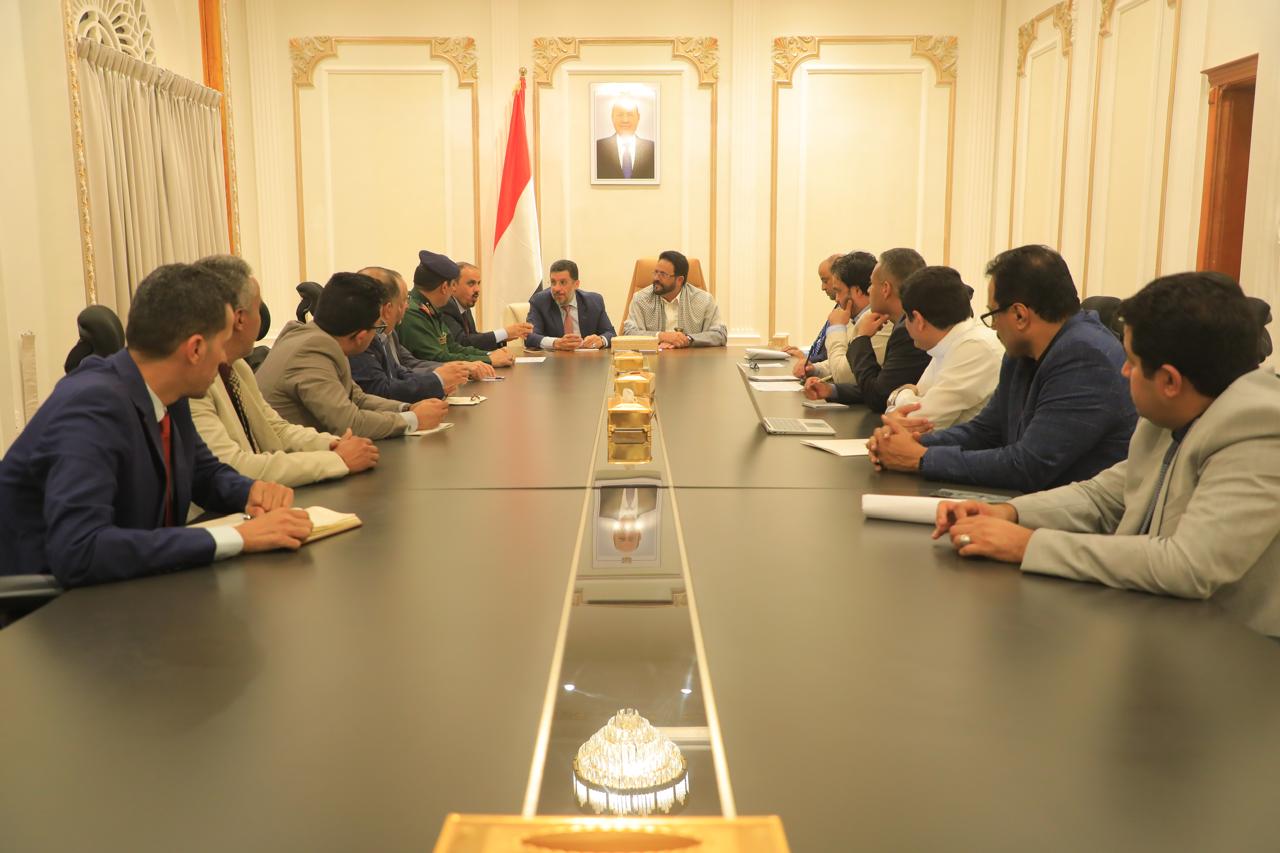Source: Prime Minister’s Office
A meeting chaired by Presidential Leadership Council member Major General Sultan Al-Arada, and Prime Minister Dr. Ahmed Awad bin Mubarak, adopted an executive matrix for the governorate’s needs in service and developmental aspects.
The matrix included a set of current basic needs for Marib Governorate across various service sectors including electricity, water, sanitation, higher and vocational education, and roads, in addition to projects for adapting to climate change.
In the meeting, Major General Al-Arada directed the government and local authority in Marib Governorate to incorporate all the observations included in the matrix and to approve suitable plans and mechanisms for their implementation according to priorities and urgent needs, emphasizing the necessity to define the commitments of both the government and the local authority in Marib within this matrix, and to set a specific timeline for its execution while jointly seeking external funding sources for the strategic projects within this matrix.
The Leadership Council member underscored the importance of enhancing coordination between the government and local authorities in liberated governorates within the framework of shared tasks and responsibilities among various state institutions at both local and central levels to overcome all current difficulties and challenges in these exceptional circumstances.
He pointed out that the visit of the Prime Minister and his accompanying team to Marib contributes to resolving many pending issues and finding appropriate mechanisms to address them, reflecting improvements in the basic services provided to citizens and displaced persons in the governorate, which accommodates more than 62 percent of Yemen’s total displaced population.
On his part, the Prime Minister expressed his happiness with what he observed in Marib in terms of high morale, construction and development activities, and at the same time, the victory in the battle to complete the restoration of the state and end the Iranian-backed Houthi coup. He affirmed that this visit was not ceremonial but a commitment to share the responsibility with the local authority, which had shouldered it alone during the past period.
Dr. Bin Mubarak stated, “We have agreed on a set of mechanisms for key issues including those related to the army, services, revenues, and others, and these will be scheduled into a time-bound matrix for implementation, turning it into a real work plan so that people feel they are part of this large project.”
He praised the efforts of the leadership and officials of the local authority for their significant work under these exceptional and crucial conditions to serve the citizens, confirming that the government will assist in implementing all plans and programs aimed at ensuring the continued stability of service, developmental, and security situations.
The Prime Minister expressed his pride in what he witnessed in Marib, both within the framework of the armed forces and security, and the high morale that reinforces Yemenis’ confidence that victory against the Iranian project and its Houthi militia agents is forthcoming, noting that Marib will remain, as it has been throughout history, a bastion of the Republic and a protector of the national project.

